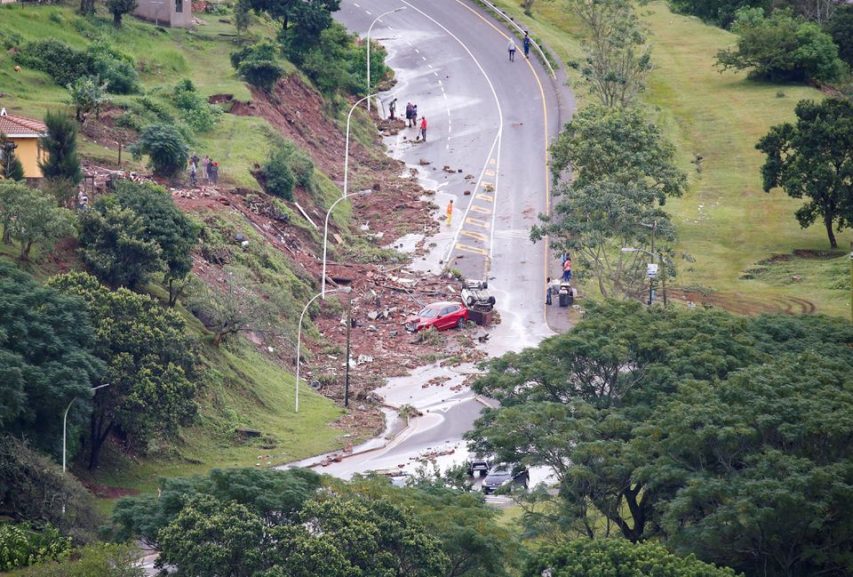The Director-General of the National Department of Cooperative Governance Mbulelo Tshangana, emphasized the importance of maintaining a balance between reducing the risk of disasters and ensuring effective service delivery.
Tshangana made these remarks while addressing the heads of technical teams on disaster management from BRICS countries during an engagement in Durban.
The primary goal of the engagement was to explore solutions that would contribute to reducing the risk of various forms of disasters. Key topics of discussion included the COVID-19 pandemic and the devastating floods that struck KwaZulu-Natal in April 2021.
Tshangana stressed that while disaster risk reduction remains crucial, it must not detract from the government’s commitment to delivering essential services. He highlighted the challenge that if post-disaster recovery remains a formidable hurdle, efforts to mitigate future risks become increasingly complex.
“Efforts should be made to reduce the vulnerability of communities and promote the sustainability of our economy, which has been severely affected. Disaster risk solutions should be integrated across sectors such as education, water, sanitation, hygiene, nutrition, livelihoods, child and social protection, natural resources, and critical infrastructure that is vital for delivering these services,” stated Tshangana.
Experts in disaster management from BRICS countries attending the event underscored the urgent need for innovative approaches to disaster risk reduction, as traditional methods are no longer as effective. The devastating storm that hit the eThekwini municipality, including Durban, in April 2022, resulting in widespread destruction and loss of life, served as a stark reminder of the pressing need for new ideas.
Dr. Alber Manyuchi, representing the Southern African Development Community (SADC) at the meeting, called for a more strategic approach to addressing disasters. Manyuchi emphasized the changing dynamics of risk management, especially in the context of climate change.
He remarked, “Traditional approaches to risk management or disaster management are no longer as effective as they once were. We need innovative ideas that will be more responsive to the challenges that lie ahead. Climate change is a key factor, and there is overwhelming evidence that it will exacerbate the impact of extreme weather events, including heatwaves, floods and wildfires.”
The engagement in Durban reflects a shared commitment among BRICS nations to collaborate and explore forward-thinking strategies to address climate change and disaster risk reduction in the face of evolving challenges.






